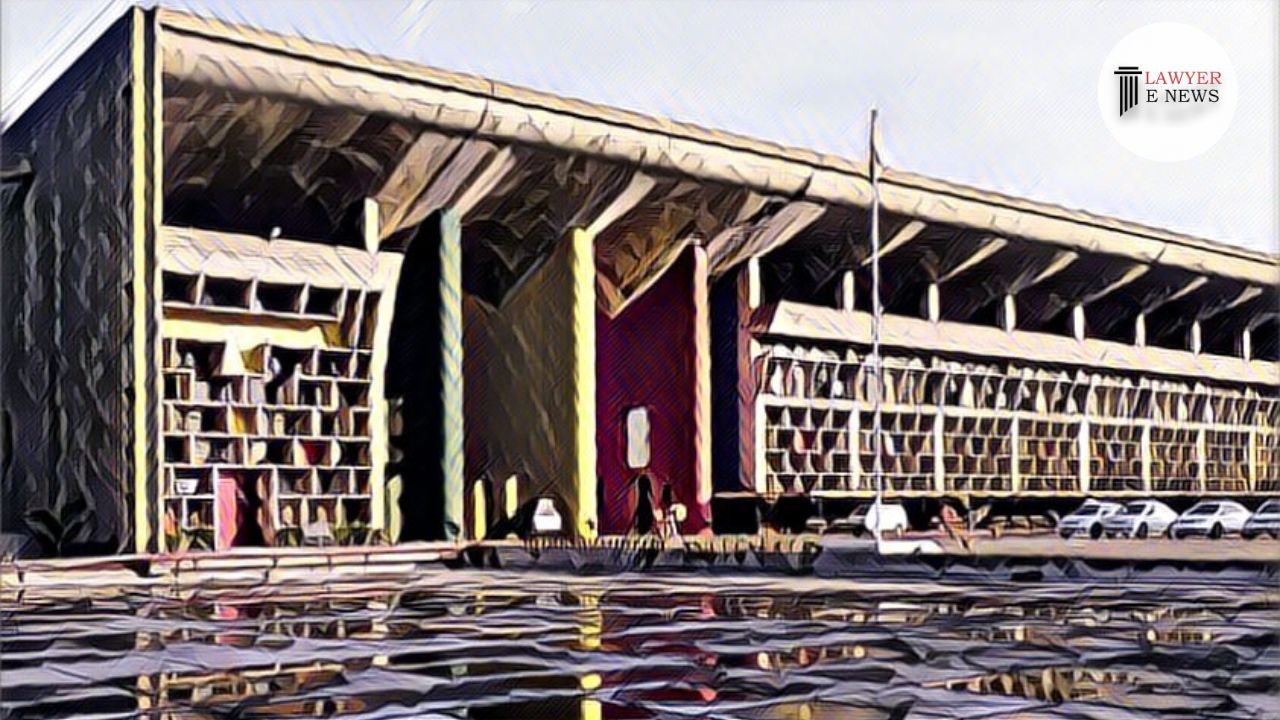-
by Admin
15 February 2026 5:35 AM



Punjab and Haryana High Court has issued a resounding affirmation of personal liberty and the validity of a Muslim marriage contracted by individuals above the age of puberty. The decision, handed down on December 13, 2023, by HON'BLE MR. JUSTICE DEEPAK GUPTA, has far-reaching implications for cases involving the protection of personal freedom and the competence of Muslim individuals to enter into marriages of their choice.
The case, CRWP-11190-2023, revolved around Shameem and Salma, both Muslims by religion. The petitioners, aged 23 and more than 16 years old, respectively, entered into a matrimonial bond against the wishes of their families, performing a Muslim marriage ceremony on November 8, 2023. Fearing for their life and liberty, the couple approached the High Court, seeking protection from potential threats posed by family members who disapproved of their union.
On the other side, the parents of Salma filed a separate petition, CRWP-11123-2023, requesting a writ of habeas corpus to produce their minor daughter Salma from the custody of Shameem. They argued that Salma was a minor and had been abducted, leading to the registration of an FIR for kidnapping.
The central legal question in the case was whether Salma's marriage, performed above the age of 15, was valid under Muslim Personal Law and whether the couple should be granted protection.
Justice Deepak Gupta's judgment highlighted the importance of personal liberty under Article 21 of the Constitution of India. He stated, "The Court cannot shut its eyes to the fact that the apprehension of the petitioners needs to be addressed. Merely because the petitioners have got married against the wishes of their family members, they cannot possibly be deprived of the fundamental rights as envisaged in the Constitution of India."
The court relied on legal precedents, emphasizing that in Muslim law, puberty and majority are considered the same, with a presumption that a person attains majority at the age of 15 years. Therefore, the marriage between the petitioners was deemed valid.
The verdict concluded by granting custody of Salma to her husband, Shameem, asserting that the parents' wishes were inconsequential in this case. The court also directed the official respondents to provide necessary protection to the married couple as required.
Date of Decision: December 13, 2023
Iqbal and Another VS State of Haryana and Others
